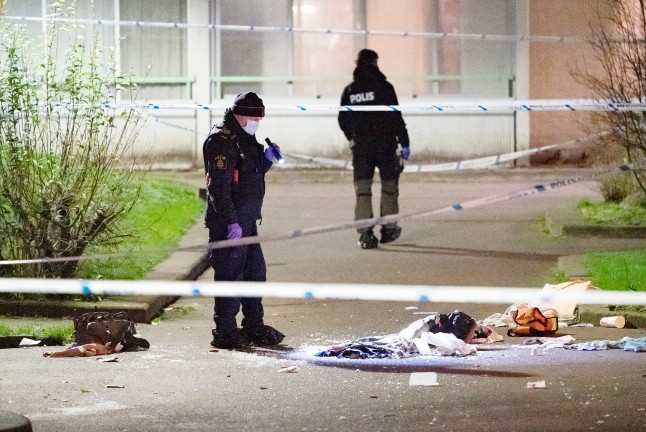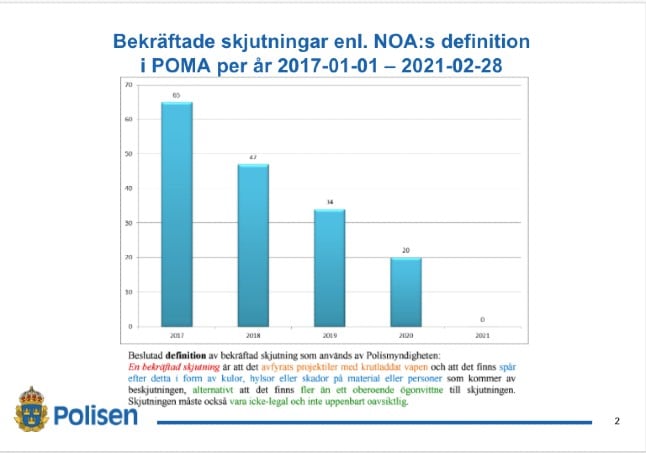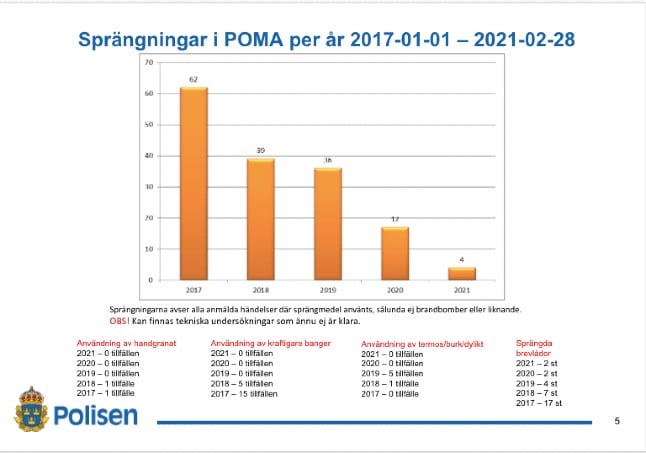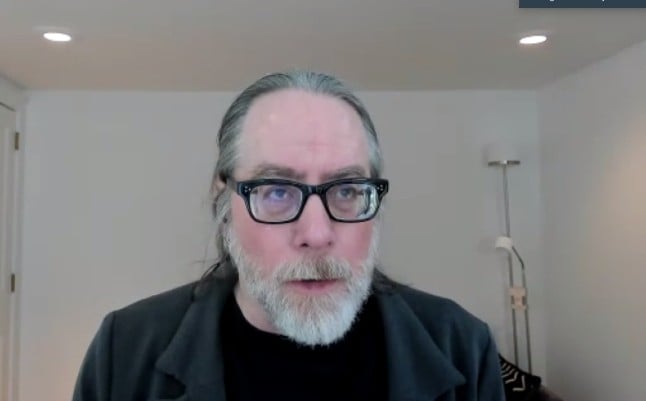The two migration agency workers are believed to have sold residence permits to around a dozen asylum seekers, who paid between 50,000 and 100,000 kronor ($7,800 to 15,800), Sveriges Television (SVT) reports.
The asylum seekers, who hailed from Africa and the Middle East, were given forged Bulgarian passports which allowed them to remain in the European Union.
Some also paid the migration agency workers to obtain Swedish residency permits.
The false passports gave the asylum seekers the right to remain in Sweden based on the residency rights afforded all EU citizens.
The Migration Board employees are suspected of procuring both the passports as well as falsified work certificates for the asylum seekers.
According to SVT, suspicions about the scheme emerged last summer following an internal Migration Board investigation, prompting the agency to notify police.
The two Migration Board employees, one of whom left the agency in 2008, are suspected of aggravated bribery.
Prosecutor Nils-Eric Schultz, who is leading the investigation, told the TT news agency the probe has been ongoing for several months but it remains unclear just how extensive the scheme may have been.
“We’ll see what we find in the coming days,” he told TT.
Schultz added that warrants were issued for the two men last week prior to Tuesday morning’s arrests.
News of the work permit bribery scheme prompted Migration Board Director General Anders Danielsson to announce the agency would review its procedures and rules to prevent similar situations from arising in the future.
“I take the suspicions that employees at the Swedish Migration Board are guilty of bribery very seriously,” he said in a statement.
“It’s important that police and prosecutors now investigate the suspicions in order to bring clarity to the matter.”
Specifically, he said the agency was looking at streamlining communication with the Swedish Tax Agency (Skatteverket) and implementing limits on the types of searches employees can carry out on Migration Board computer systems.
The agency also continues to investigate whether there are any other irregulariteis tied to the suspected residence permit scheme.
TT/The Local/dl






 Please whitelist us to continue reading.
Please whitelist us to continue reading.
Member comments